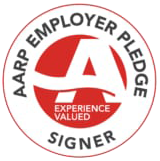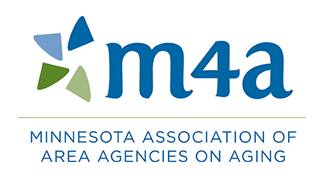Coronavirus Update
We understand the growing concern surrounding coronavirus and COVID-19, and our hearts go out to all those who have been affected.
We will be monitoring this quickly evolving situation closely. Currently, there are no reported cases of COVID-19 in southwestern Minnesota, but it is important to take everyday precautions and follow guidance from public health agencies. We will refer to the Centers for Disease Control and Prevention (CDC) and other public health agencies to determine the safest course of action for our employees, partners and visitors.
- For the most up-to-date information about the MNRAAA offices and events, please follow our Facebook page at www.facebook.com/MNRAAA.
- For more information about COVID-19, please visit the CDC’s website at https://www.cdc.gov/coronavirus/2019-nCoV/index.html.
- You can also visit the Minnesota Department of Health’s website for the latest information on the COVID-19 in Minnesota as well as information for health professionals, businesses, employers, first responders, schools, daycare and travelers.
Jason W. Swanson, HSE
Executive Director, MNRAAA
507-387-1256 x103
|
GUIDANCE FOR OLDER ADULTS AND THOSE THAT ARE HIGH RISK
|
|
The information below is taken from the CDC’s website. For more information for older adults and those at higher risk for serious illness, please go to www.cdc.gov/coronavirus/2019-ncov/specific-groups/high-risk-complications.html.
|
|
WHO IS AT HIGHER RISK?
It is very important for people at higher risk for serious illness from COVID-19 to take actions to reduce their risk of getting sick with the disease. People at a higher risk for serious illness include:
|
|
WHAT SHOULD YOU DO IF YOU ARE HIGH RISK?
If your current health condition puts you at high risk of serious illness from COVID-19, you should:
|
|
WHAT SHOULD YOU DO IF YOU GET SICK?
|
|
WHAT CAN YOU DO TO SUPPORT OLDER ADULTS?
|





